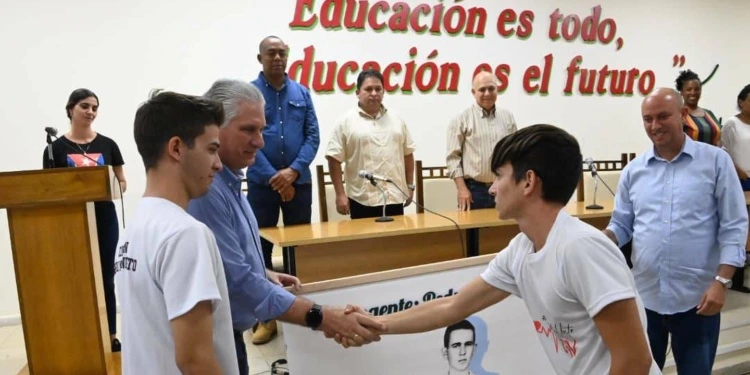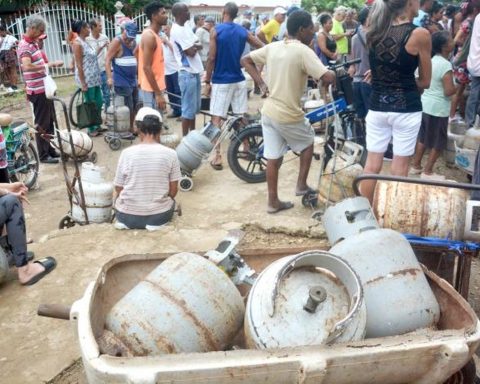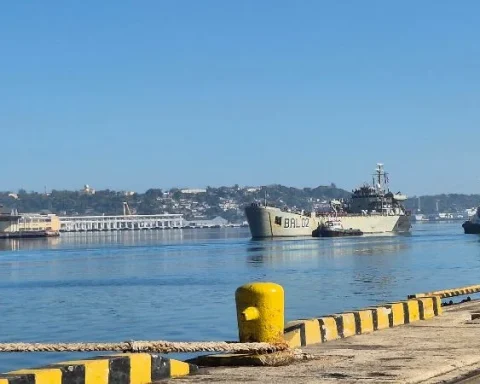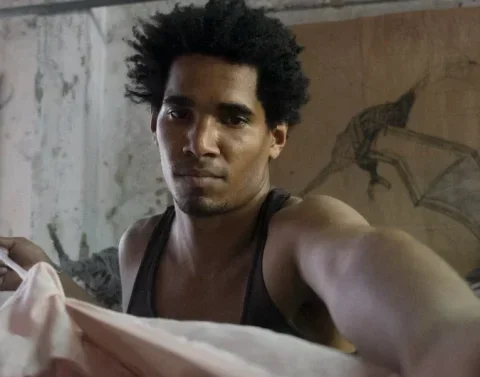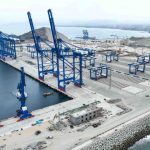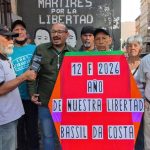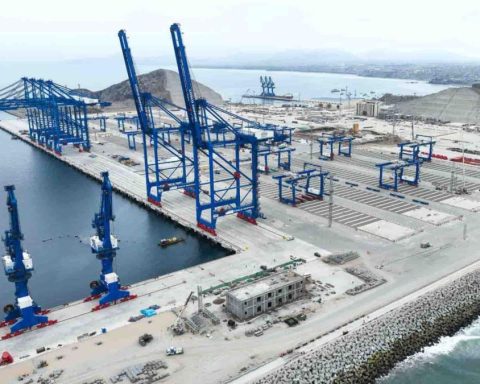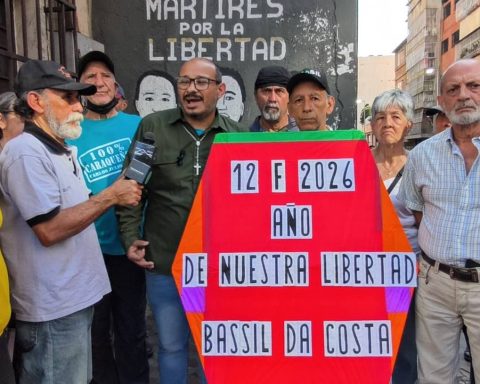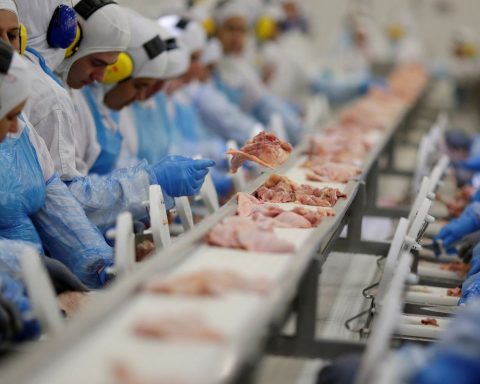SLP, Mexico.- The Cuban regime created brigades of young pre-university and university students to “confront” prices considered abusive, “illegalities” and “social indiscipline.”
According to the official newspaper Granmathe Pedro Martínez Brito contingent, from Ciego de Ávila, is made up of about 150 students from various educational institutions.
“They will visit establishments, entities and MSMEs to evaluate how the measures approved by the Revolutionary Government are being implemented: the use of social networks, the EnZona platform, payments through Transfermóvil, control over tax evasion…”, he said. Granma.
The Secretary of Organization of the Central Committee of the Party, Roberto Morales Ojedainte, detailed in Facebook that the contingent is made up of young people from the territory’s pre-university schools, the Faculty of Medical Sciences, the Máximo Gómez Báez University and other educational institutions, and in the work delegated to them by the Government they will be accompanied by inspectors, professors and others.
“They have the mission of contributing to the confrontation of abusive prices, illegalities and social indiscipline. We always trust in the contribution of our young people,” he said on the social network.
In a panorama where scarcity and inflation dominate, the regime seeks to establish strict price control instead of offering solutions for the serious economic crisis that the country is going through.
In recent months it has launched an attack against MSMEs and is now using students, grouped in contingents, to do so.
The Cuban government has imposed fines amounting to 348 million pesos on small and medium-sized private companies (MSMEs) in just two months for failing to comply with the price cap.
Between July 15 and September 19, 137,391 sanctions were imposed after carrying out 222,300 inspections of businesses, according to statements by the First Deputy Minister of Economy and Planning, Mildrey Granadillo de la Torre, during the last Council of Ministers, the date of which has not been announced. specific.
Other “control actions” carried out by the Ministry of Domestic Trade (MINCIN) have included verification of compliance of Resolution 93 of the entity, which requires it to have payment facilities through national gateways or point-of-sale terminals for the marketing of goods and provision of services to the consumer.
In September, for failing to comply with this resolution, they decreed 58 closures of establishments, 17 withdrawals of Commercial Authorization, and 384 fines for a total amount of 1,044,515 pesos.
The MINCIN regulations, as well as the subsequent measures in the event of non-compliance, are part of the process of banking the economy launched by the Castro regime in August 2023.
Economist Elías Amor has described the measure as a “disruption in the field of small and marginal economic relations” in Cuba and described it as an “exercise in economic repression.”
The expert held that the mandatory use of payment instruments and credit instruments other than cash, in particular, electronic means of payments, represents an organizational effort for many economic actors, especially private and smaller ones.
